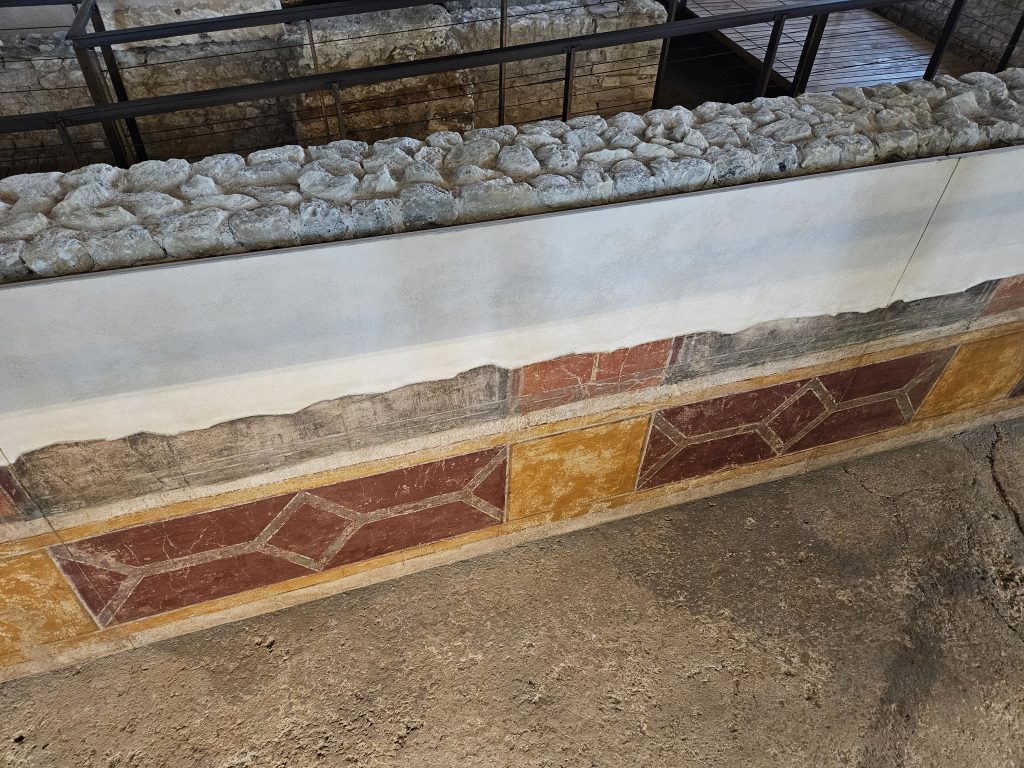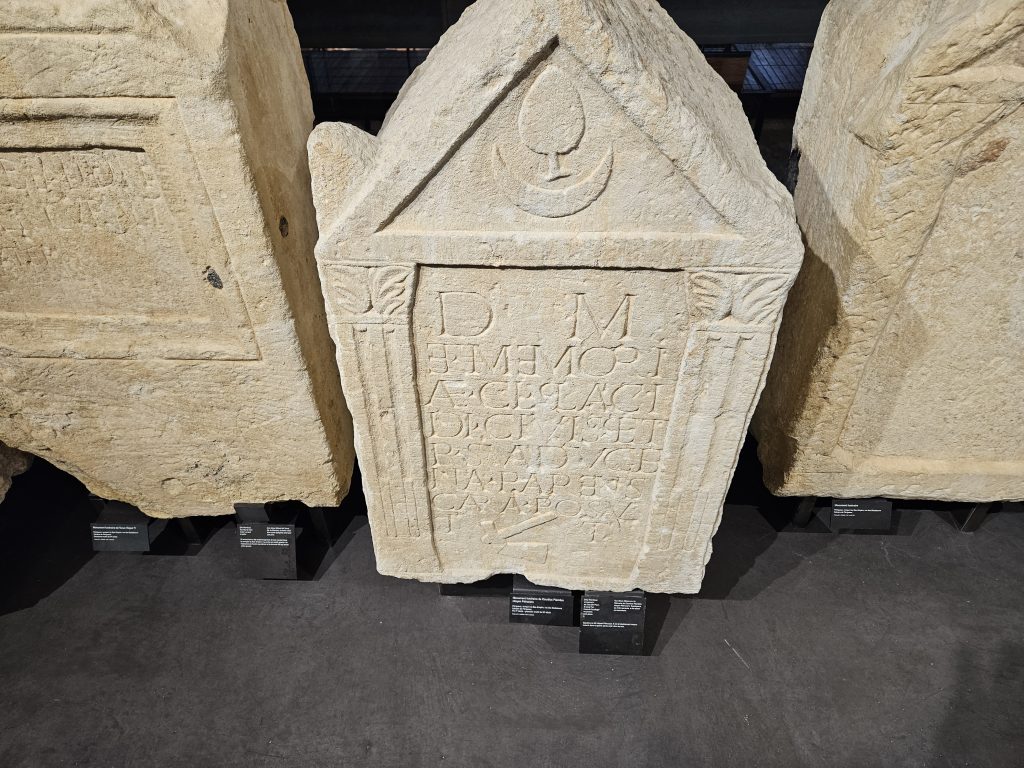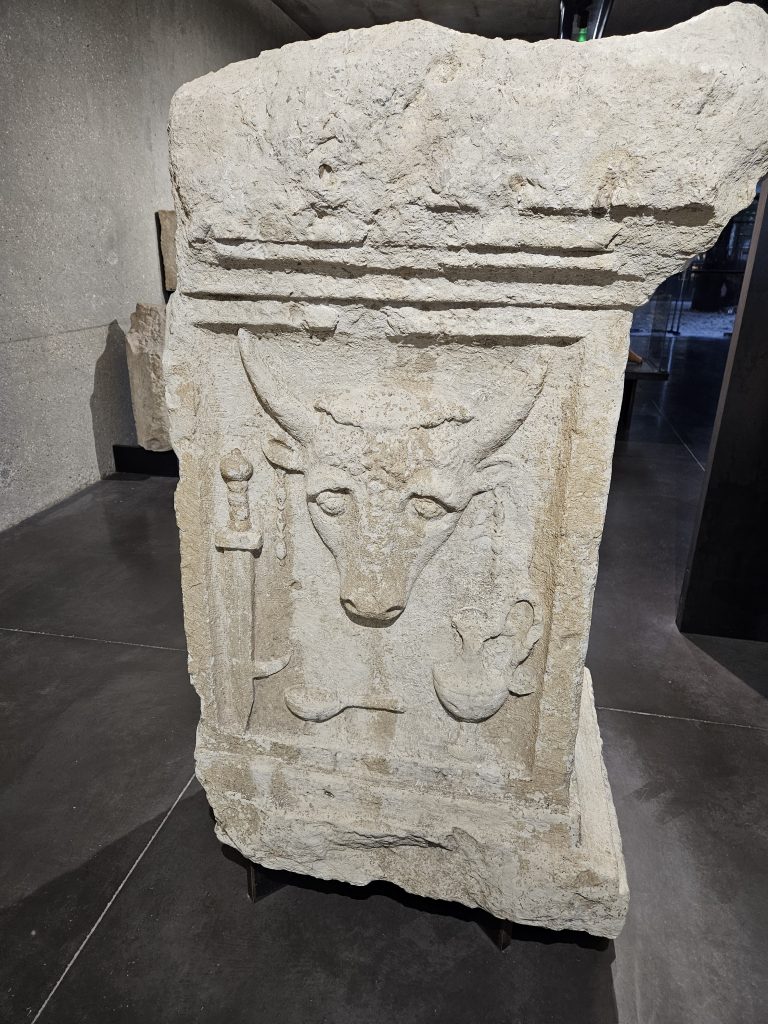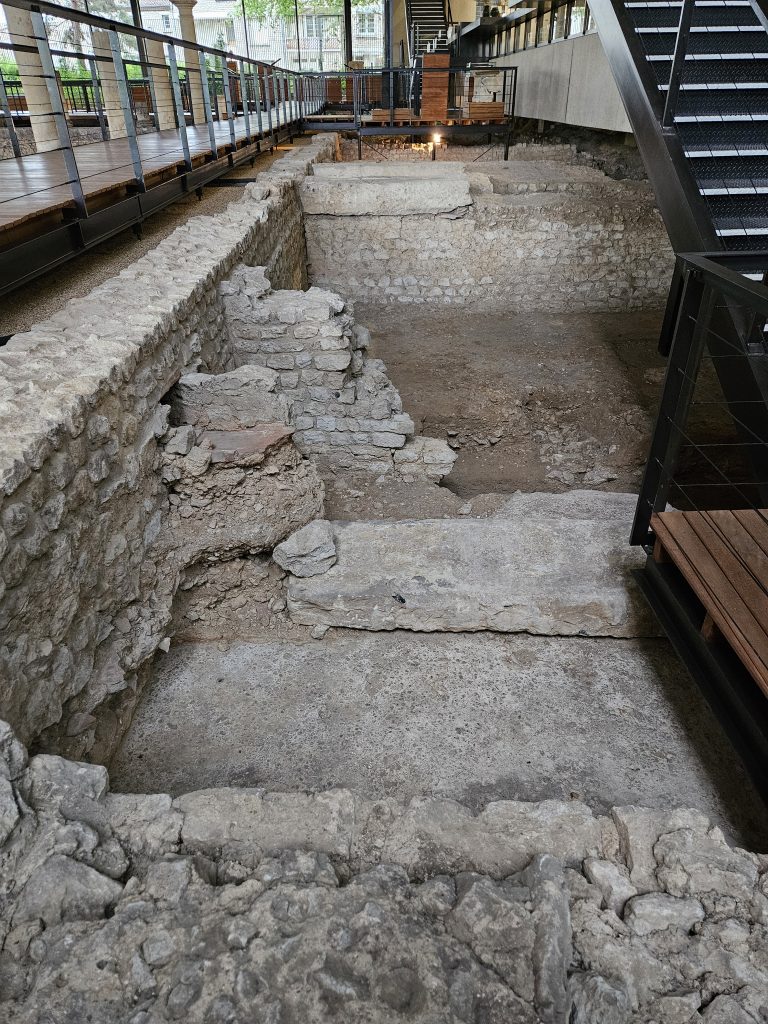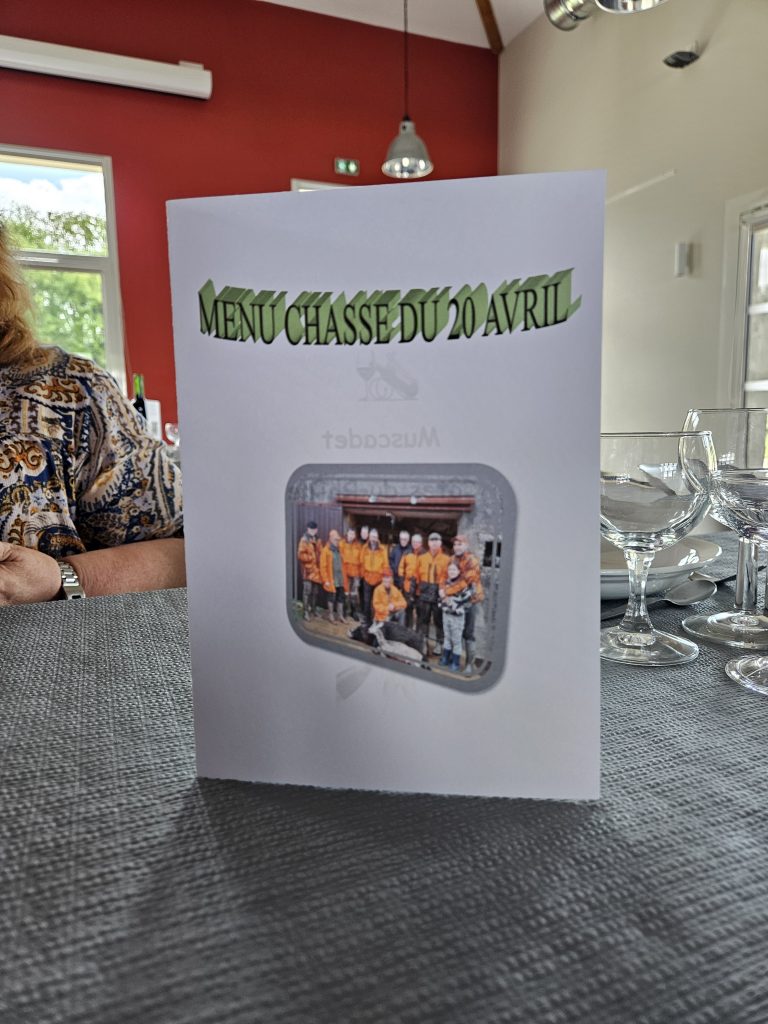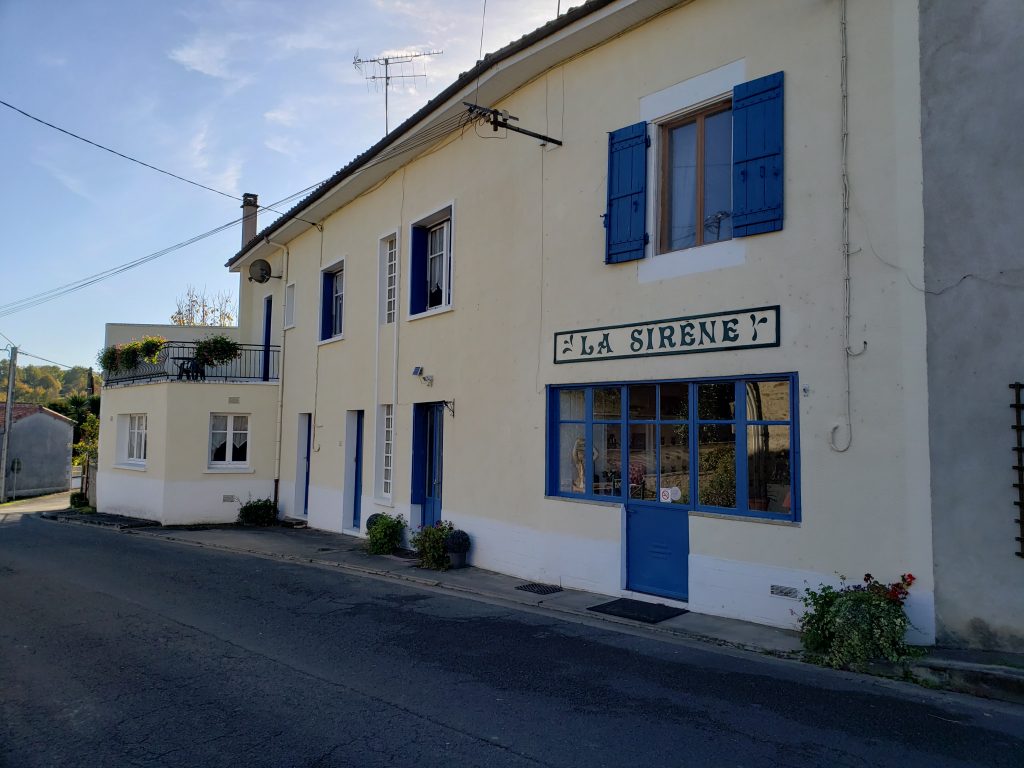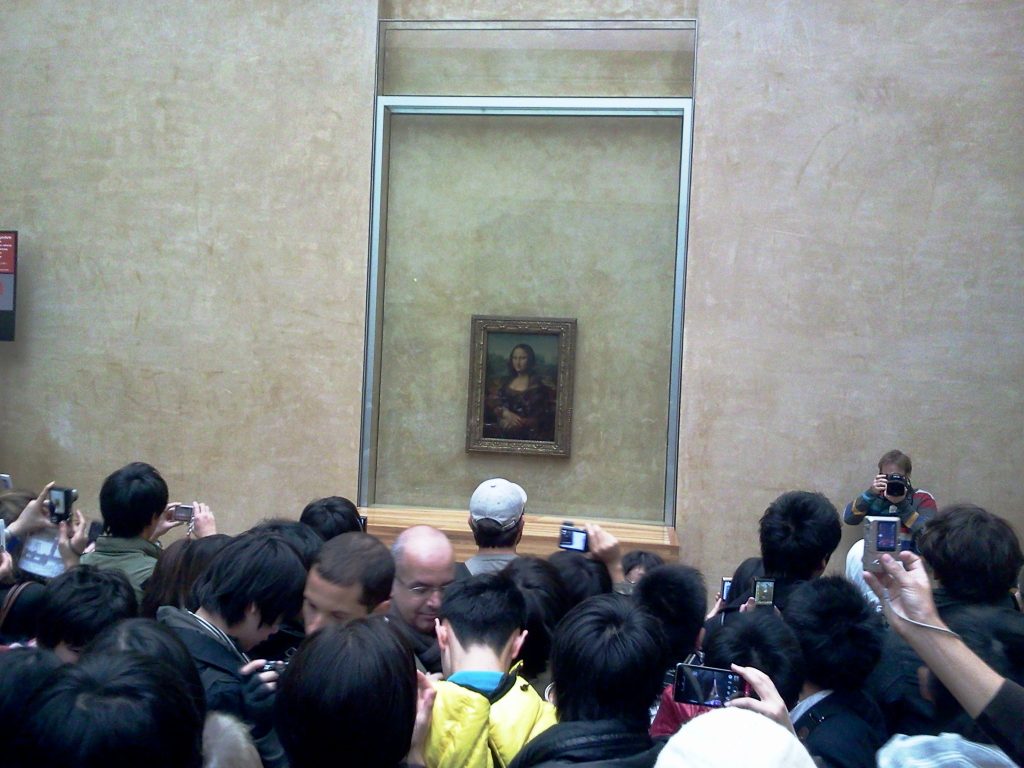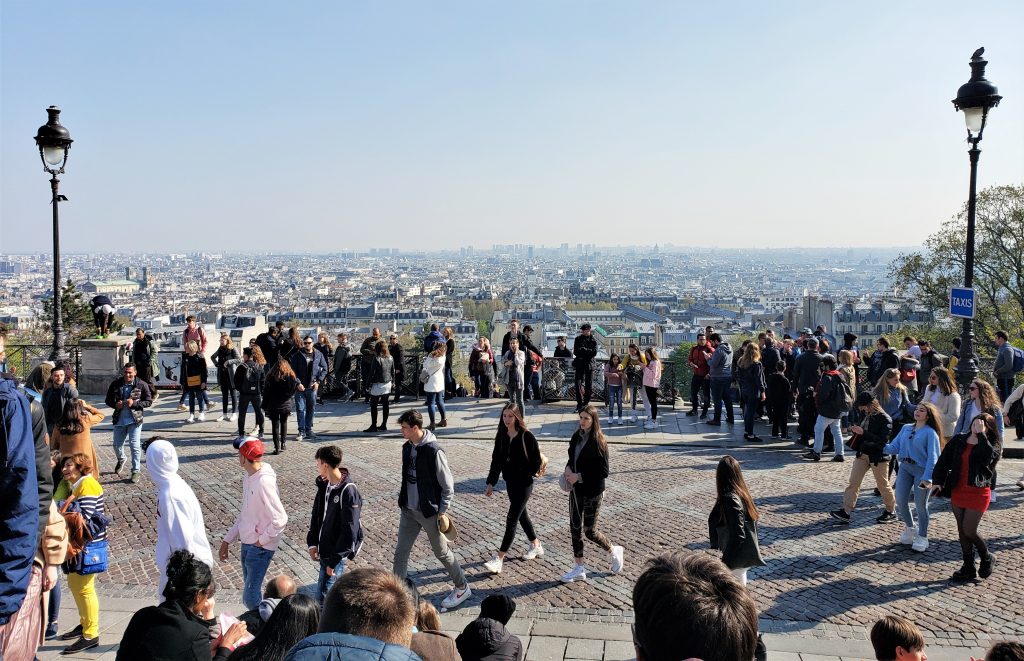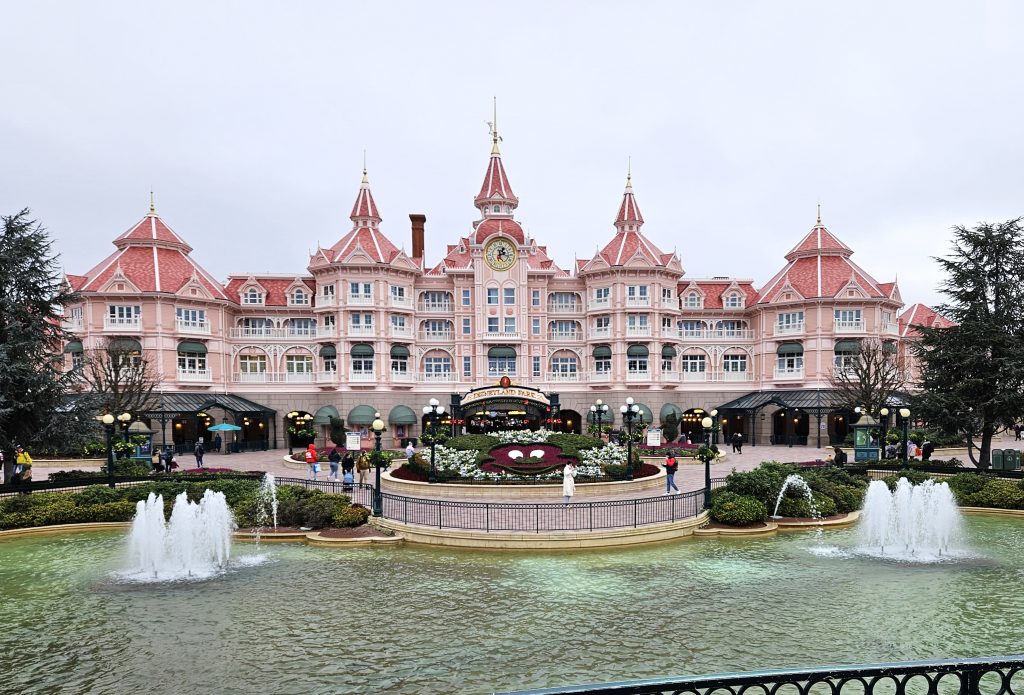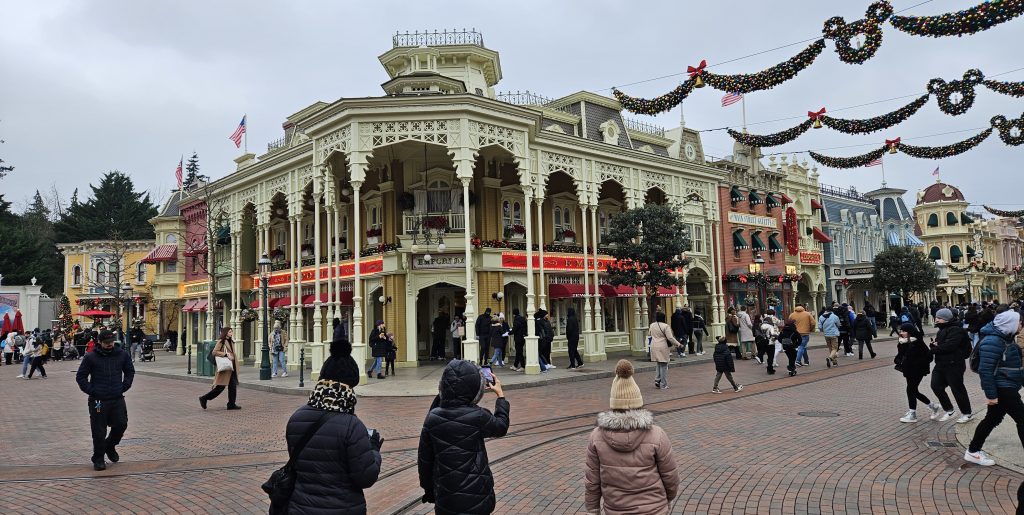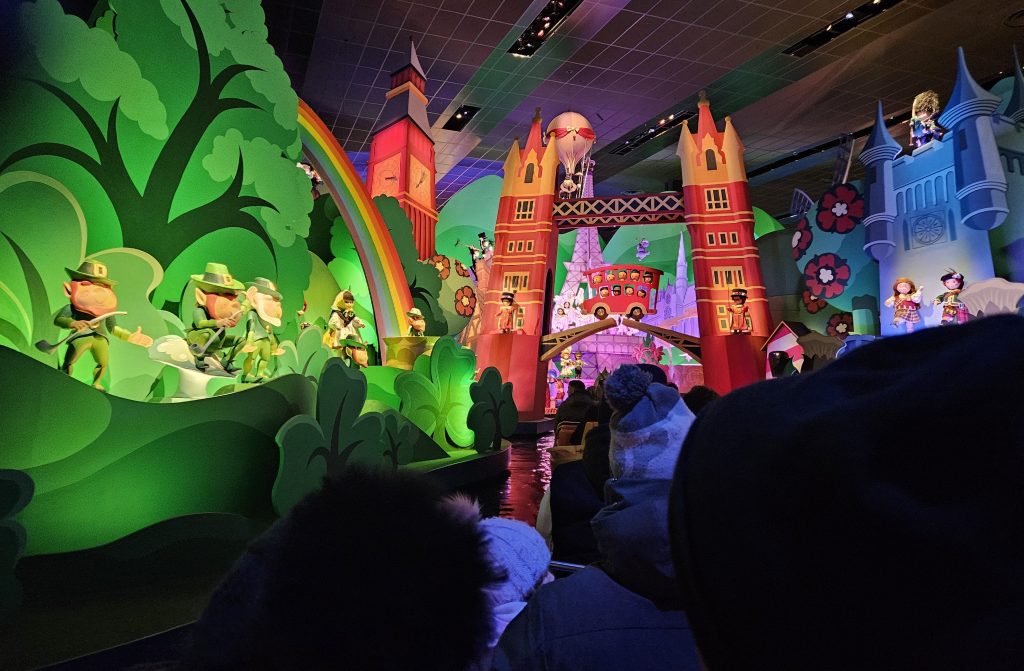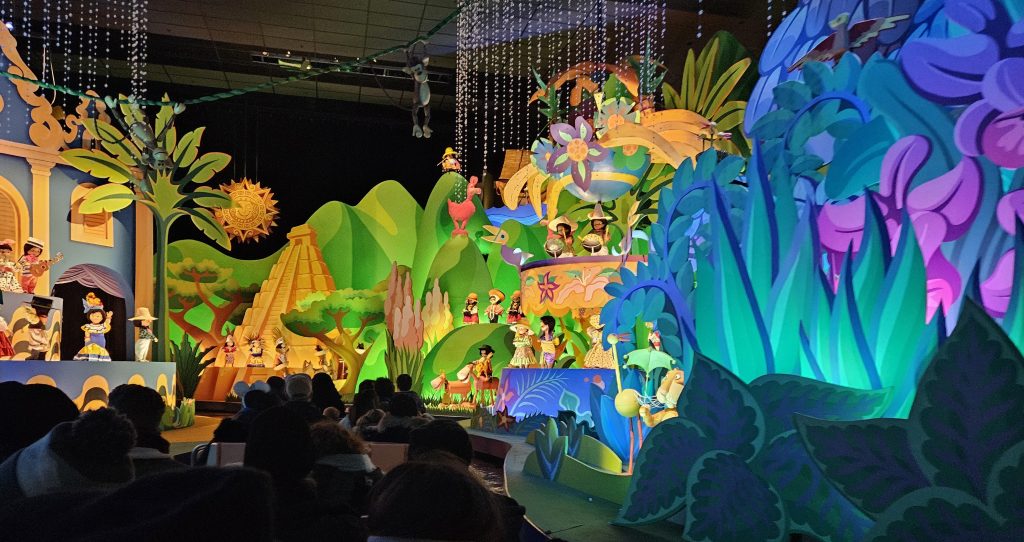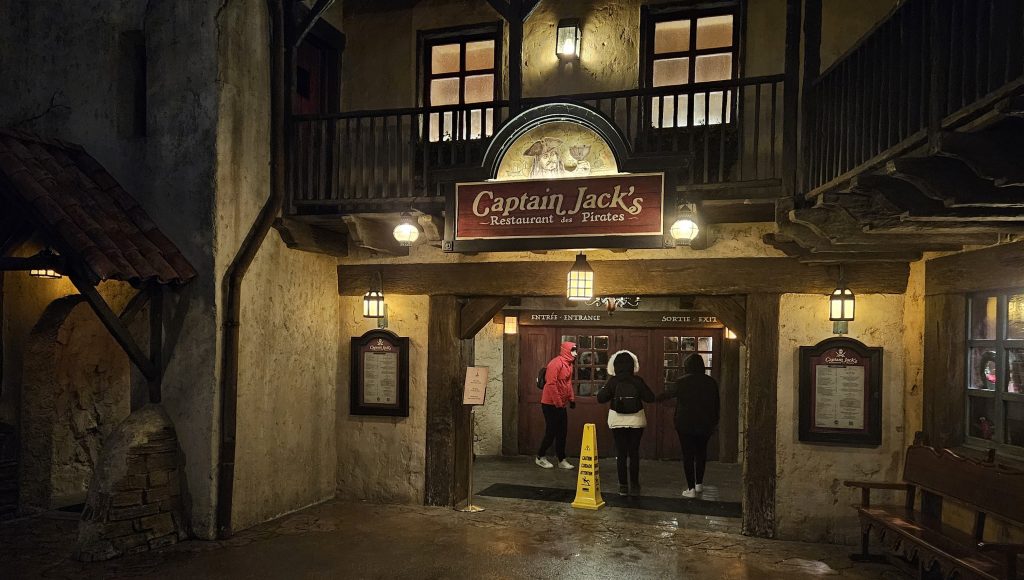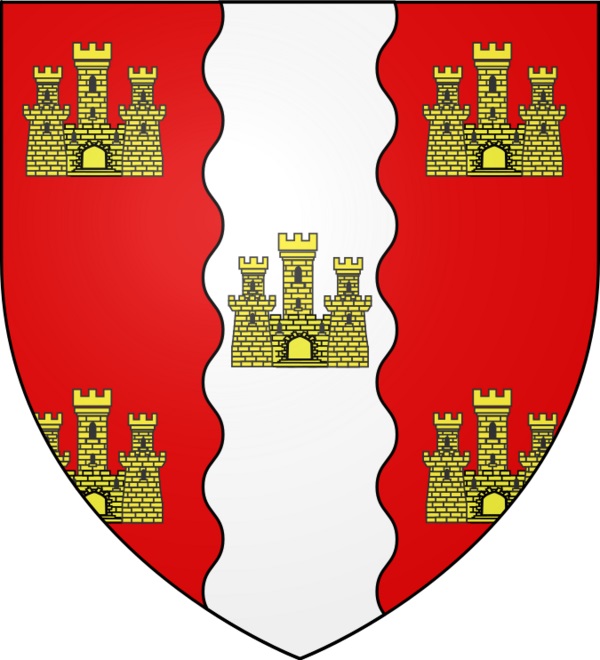
Our official Departmental (county) emblem. Vienne is the name.
It’s May Day in France, and all over the world (more or less). In France that also makes it Labor day, or Fête du Travail. This is the one day all year that an employer may not force anyone to work, except for hospitals and emergency workers, police, EMTs, that sort of employee. Other than those folks, everyone has the day off. (I guess if one offered employees enough cash one could go ahead and open the store, but I imagine that it would take a lot of cash.) It is a paid holiday. This year it’s on a Wednesday, so many people faire le pont (make the bridge,) take a couple more days off and have a five-day paid weekend. Next week there are two holidays, but one can force employees to work (by paying them overtime) every day but today, but there will be a lot of bridge building next week as well.
And that segues nicely into discussing the different attitudes toward work in the United States and France. In the US, many people live to work. We distrust anyone who isn’t regularly employed. Welfare moms are a common subject of scorn. We are, by reputation at least, the grasshopper in the old (French, by the way) tale of the grasshopper and the (ant, cricket, pick your lazy insect.) In France, workers are certainly not lazy. In fact, France has the most productive economy in the European Union, but workers are entitled to thirty days of paid vacation per year, in addition to paid holidays. Thirty Days?!? Yes, in fact. There are a couple of consequences of all that free time that American enterprise never seems to consider.
First, employees who feel more in control of their lives tend to be happier and more productive. Even good old Canada has a nicer work climate than the US, in spite of being frozen stiff for most of the year.
Second, French workers generally work while they are working, are expected to, and do, avoid wasting time at water coolers or break rooms. From noon to two they take lunch. In a store they will typically work from nine to six, er, eighteen hours as they track the day here. That’s a seven hour work day broken up by a two hour lunch. Seven hours? Well, yes, the law says that a work week is 35 hours long. Plenty of people work more than 35 hours per week, but they receive compensatory time off. Yes, even more vacation. And, an employee is expected to take the time. Because, as stated above, the French Work to Live. Yep, they do what they must to ensure that they can enjoy a leisurely lunch, three weeks on a Portuguese beach, some time off when their kids have a school break. Working your ass off so that you can finally retire is not something people from around here understand. Why not, they will ask, enjoy life as you live it?
Different strokes, right? I’m not saying one way is better or worse than the other. That depends on your personal outlook on life, I suppose. But it does show how different approaches to the same problem can both yield good results, which is a valuable lesson to learn in and of itself.



